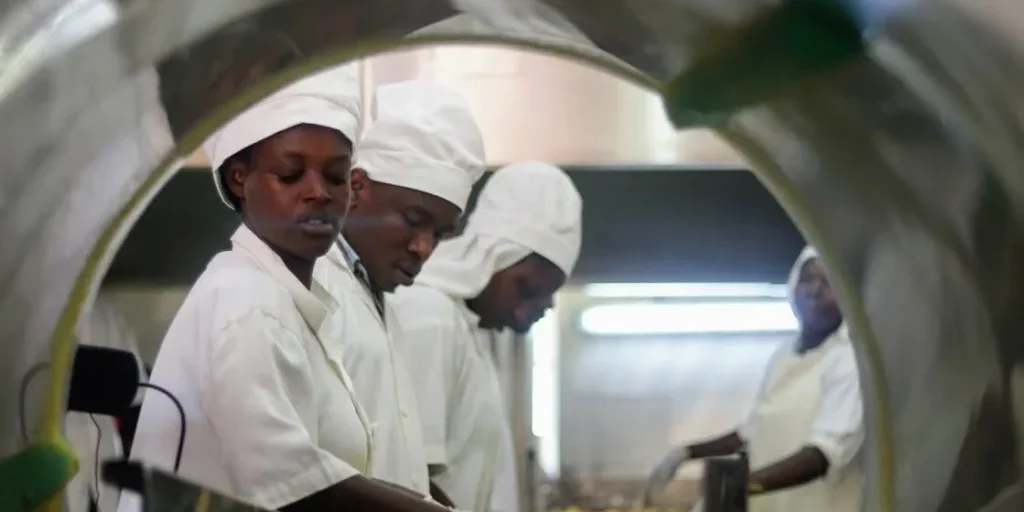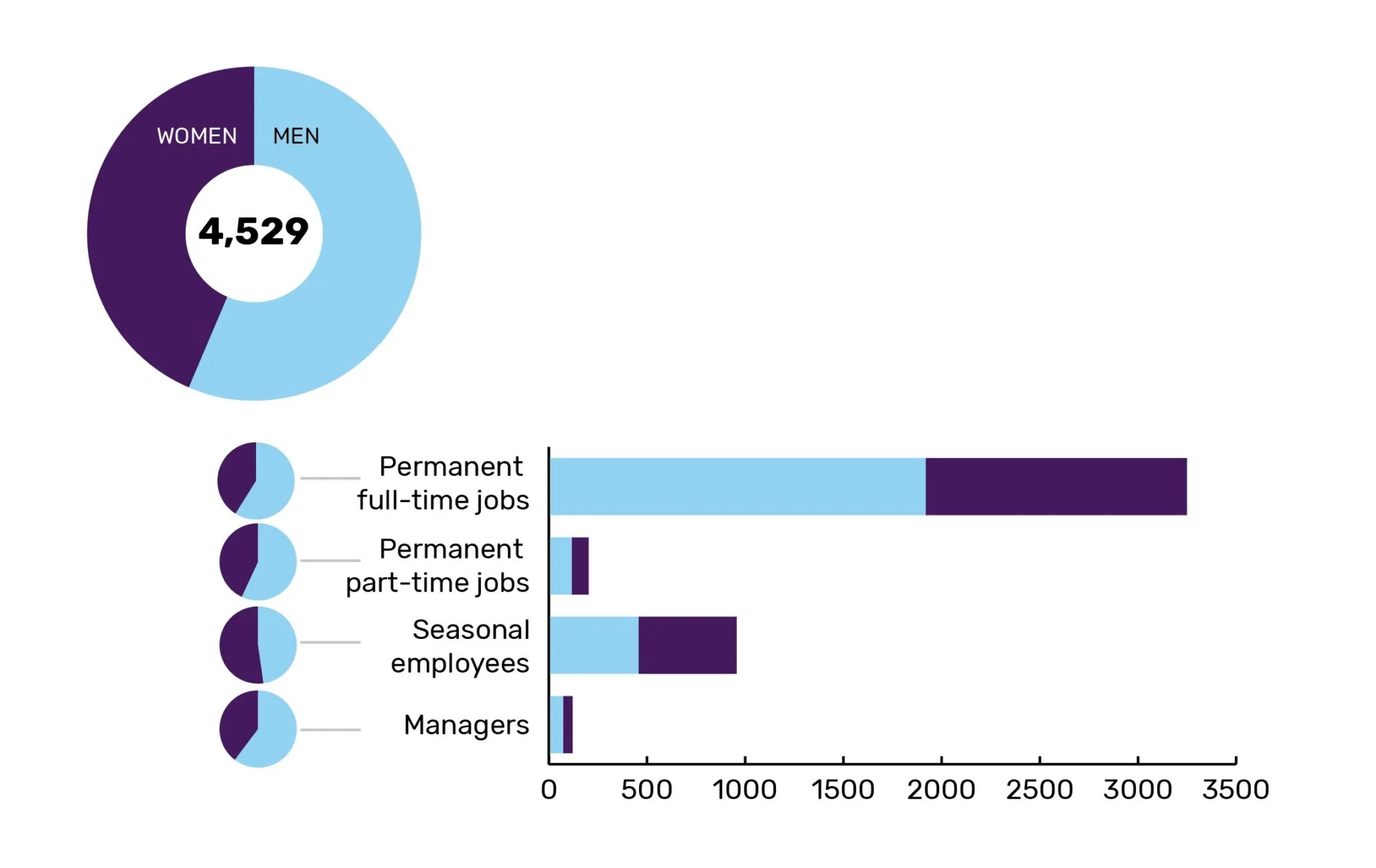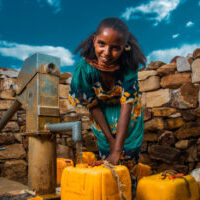
Dutch Private Sector Contributions to Rwanda: Insights from the Responsible Business Conduct (RBC) Survey
The latest Responsible Business Conduct (RBC) survey highlights the positive influence of Dutch private sector engagement in Rwanda. Seventeen Dutch organizations that participated in the survey have collectively created 4,529 jobs, directly contributing to Rwanda’s economic development and the well-being of its workforce. Of these jobs, 56.6% are held by men and 43.4% by women, indicating progress toward gender inclusivity. Notably, most positions are permanent, offering stability and long-term benefits for employees and their families.
Beyond job creation, these companies are fostering responsible employment practices by offering competitive salaries, training and development opportunities, and comprehensive benefits packages. These efforts align with Rwandan labor laws and demonstrate a strong commitment to employee well-being and professional growth.
Advancing Gender Equality and Inclusion in the Workplace
A core element of Responsible Business Conduct is the promotion of fair, inclusive, and safe work environments. Despite significant progress, gender disparities remain, particularly in terms of access to opportunities and the challenges faced by women in the workforce. These disparities reflect broader issues in the job market and underscore the need to advance Sustainable Development Goal 5: Gender Equality.
Dutch companies in Rwanda are actively addressing these gaps by promoting equal opportunities and fostering inclusive corporate cultures. Continued effort is needed, however, to ensure equitable access to leadership, training, and career progression for all employees.
Key Challenges in Implementing Responsible Business Conduct
While the benefits of RBC are clear, companies face a number of internal and external hurdles in implementation. Common challenges identified through the survey include:
Difficulty in prioritizing RBC initiatives within broader business strategies, perceptions of high costs and time demands associated with RBC efforts, Uncertainty about the return on investment for responsible practices, Limited external support and resources, Gaps in knowledge and understanding of RBC principles and lack of clarity on stakeholder expectations regarding responsible conduct
Addressing these barriers requires committed leadership, strategic planning, investment in capacity building, and better communication around the long-term value of RBC.
Download the Responsible Business Conduct Report for in-depth insights, practical recommendations, and case studies on how Dutch companies are promoting responsible business in Rwanda.
To learn more or explore how your organization can get involved, contact us at info@traide.org.









